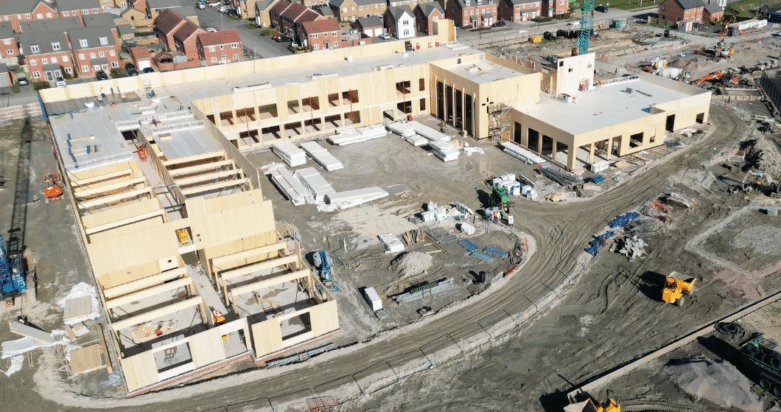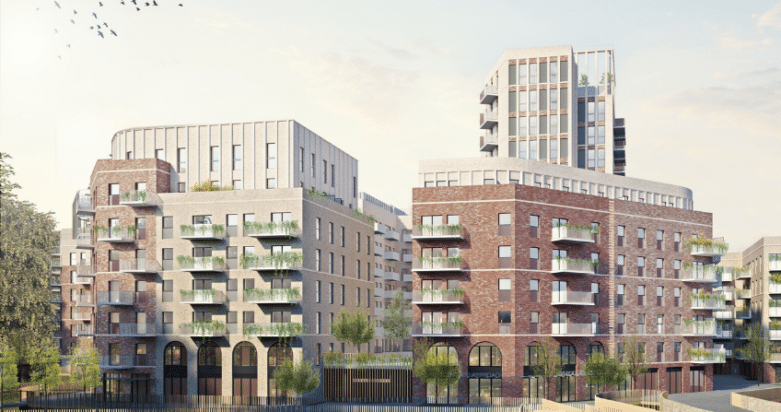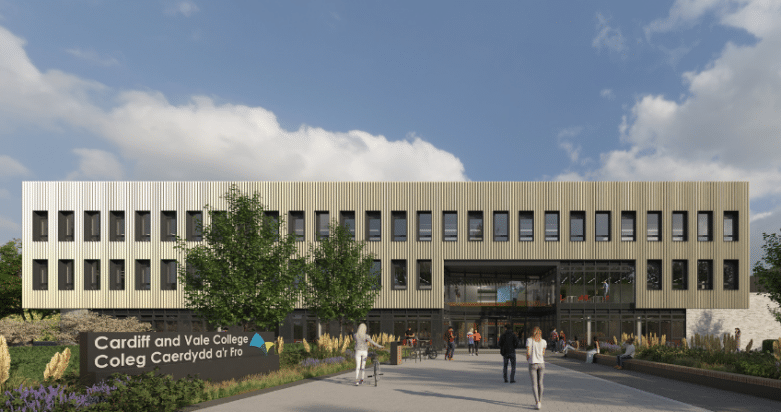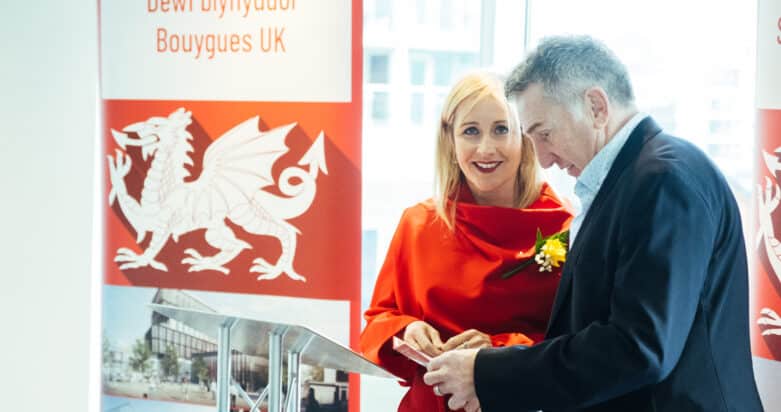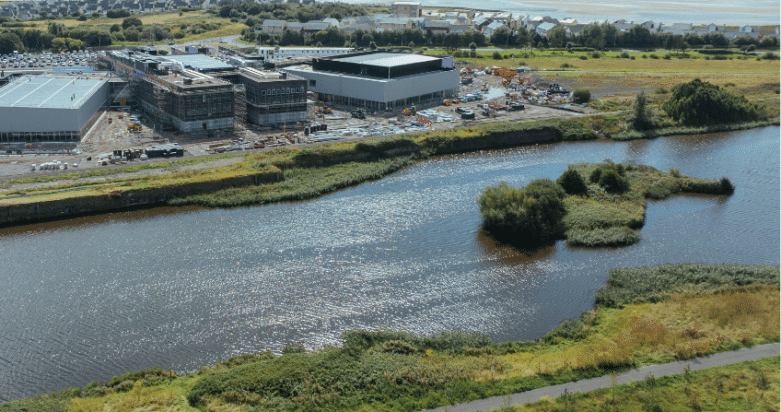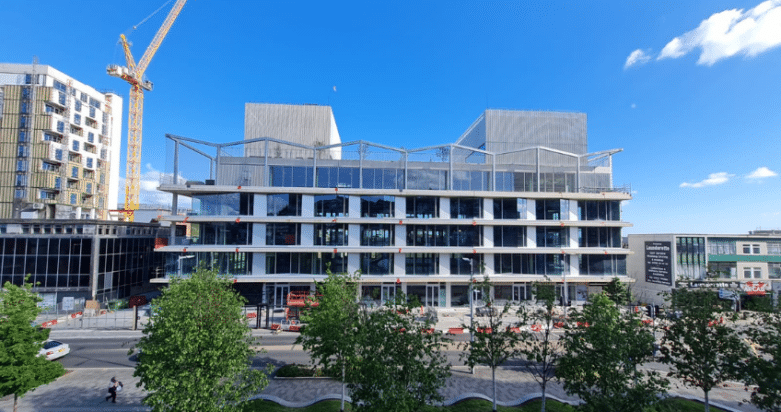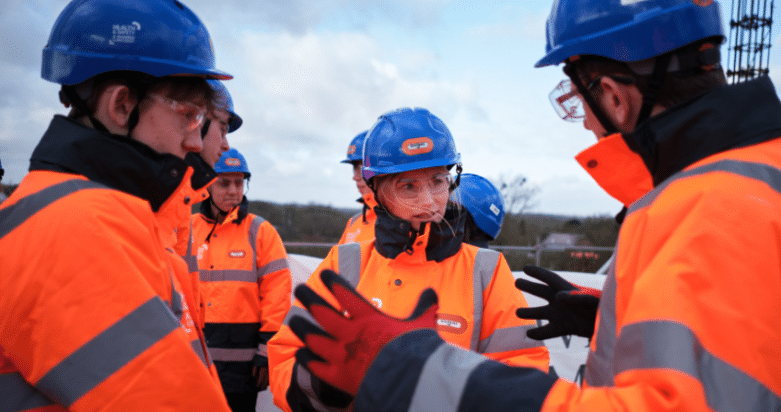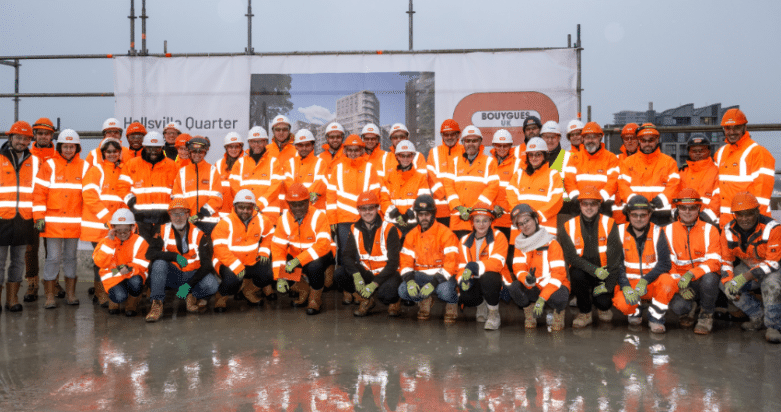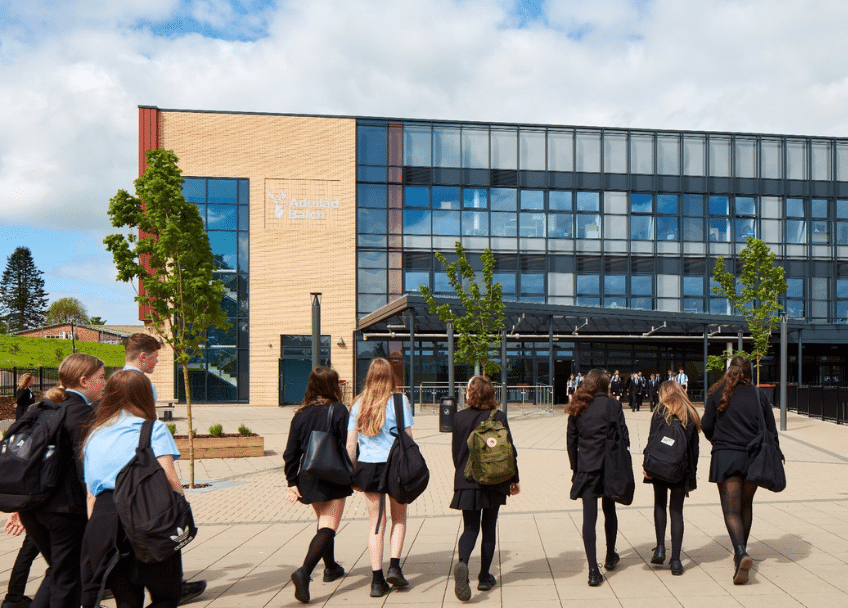
How Can Learning Spaces Better Support Health, Wellbeing and Additional Learning Needs?
The importance of creating inspiring learning spaces that support health, wellbeing, and additional learning needs cannot be overstated. This topic was explored at this year’s Education Building Wales conference, where Bouygues UK’s Operations Director for the South West and Wales, Stephen Davies, chaired an enlightening session on this subject.
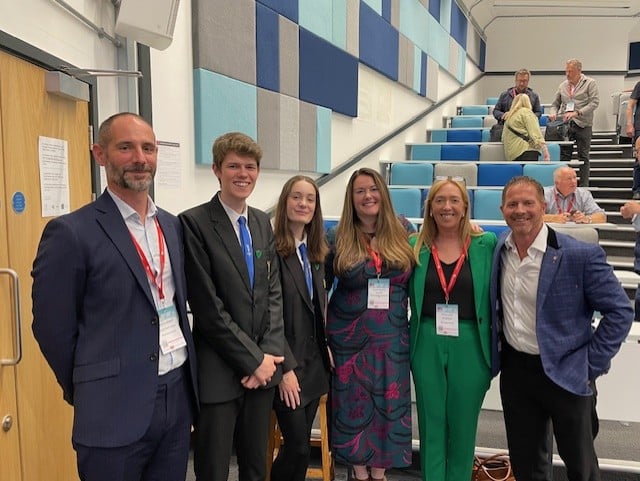
The discussion featured insights from Head Teacher, Victoria Lambe and Deputy Head Teacher, Matthew Maughan from Bassaleg School, Charlotte Balcombe from Powell Dobson Architects, Carly Parramore from AtkinsRéalis, and a representative from Rhondda Cynon Taf County Borough Council. Their collective expertise shed light on the importance of paying careful attention to design when creating education spaces in which students and staff can thrive.
Stephen Davies opened the session, emphasising, that as Operations Director for Bouygues UK, he knows just how passionate the company is about the education projects we deliver: “For us, it’s not just about our role as contractors; it’s about creating spaces that inspire the next generation and support their growth and development.”
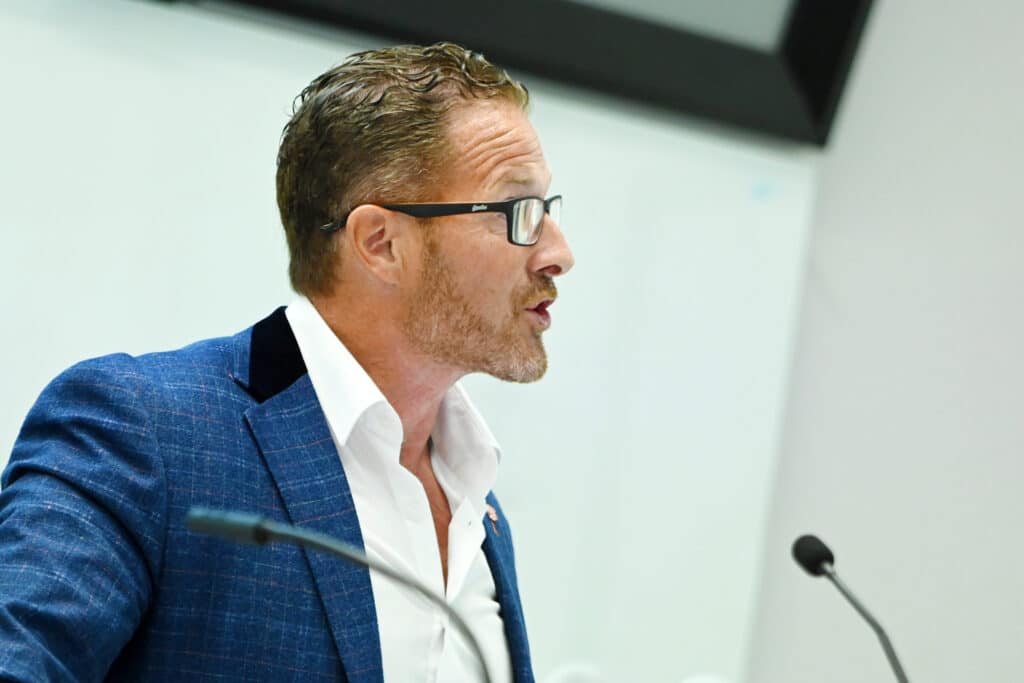
Stephen’s personal connection to the topic, given his wife’s work in a school for those with additional learning needs, gives him a unique insight into the importance of supportive and inclusive learning environments. A passion clearly shared by the other panellists.
Bassaleg School: Believing and Belonging
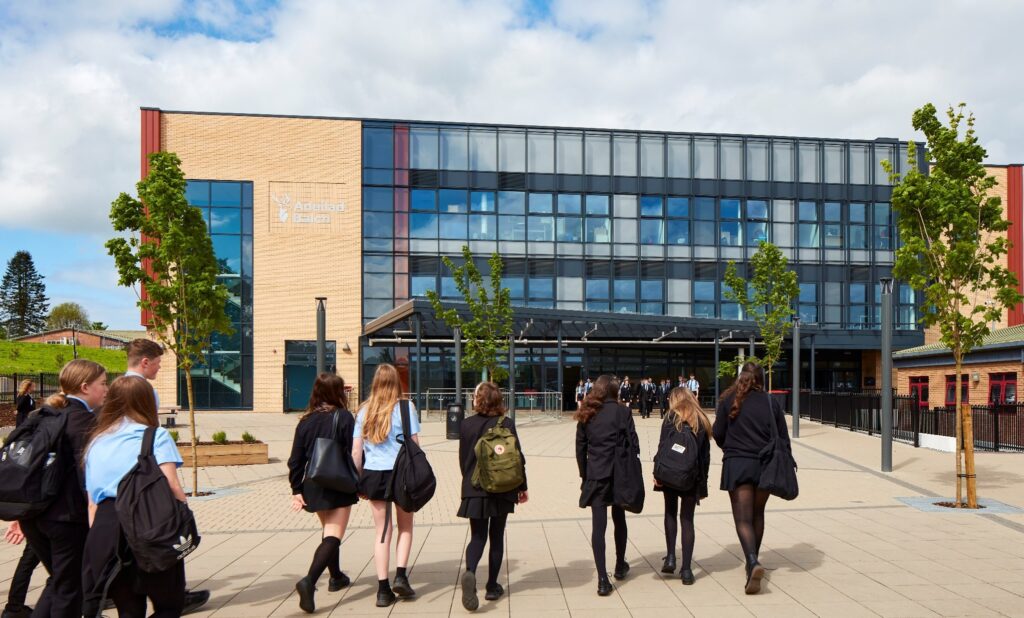
Victoria Lambe and Matthew Maughan of Bassaleg School shared their school’s journey in creating a new building, Adeilad Balch, designed to enhance the health and wellbeing of students and staff. Central to their ethos is the mantra “Believing and Belonging,” which drives every decision at Bassaleg.
Victoria explained, “our vision at Bassaleg School is to create a place in which our students and our staff aspire to be the very best versions of themselves.“
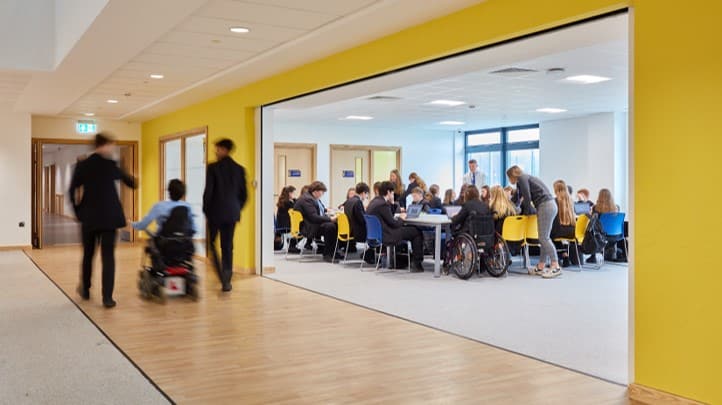
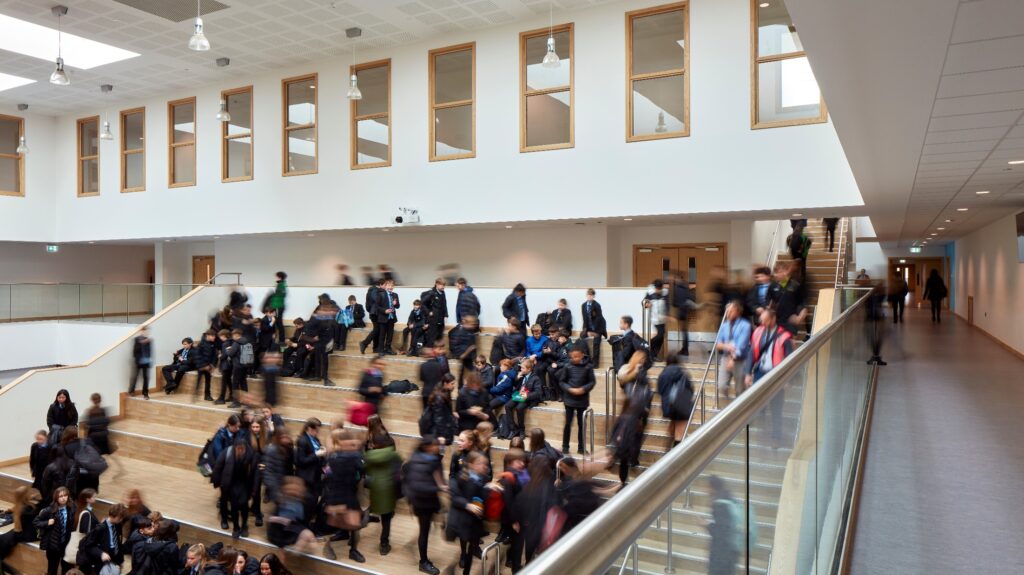
Powell Dobson worked in close collaboration with Victoria and Matthew at Bassaleg school to ensure their new building reflected this vision with design elements that promote well-being and inclusivity.
Key features include clear wayfinding using colour differentiation, large areas of glazing for natural light, and transparent glass fronts to create a connection with the outdoors. “It was pivotal to create an environment in which our young people and our staff felt safe, cared for, and inspired to achieve great things,” she added.
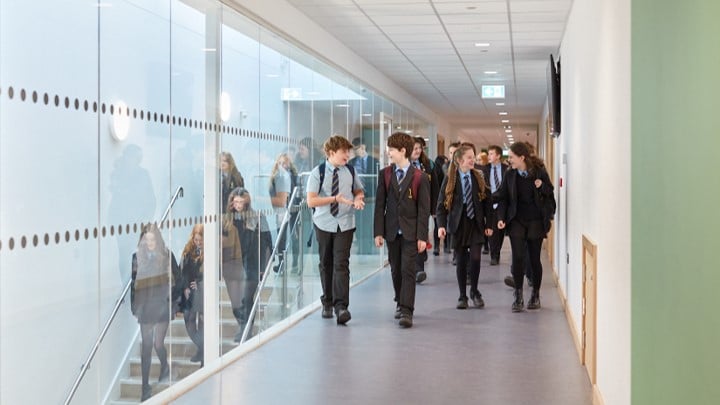
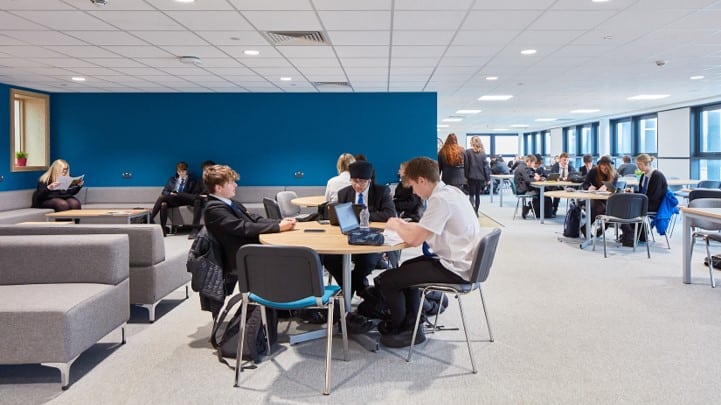
The design also prioritises professional learning spaces for staff and incorporates flexible, open spaces that facilitate collaborative learning experiences. The relocation of the Sixth Form Centre within the new building has provided significant benefits, creating a more cohesive and inclusive environment for students and staff alike.
Designing for Additional Learning Needs
Carly Parramore from AtkinsRéalis joined the panel to explain the design process for a new all-through school for pupils with additional learning needs, emphasising the importance of engaging with users from the outset. “Engaging with users and understanding their needs from the beginning has been crucial to the success of the project,” she explained. This approach ensures that the design genuinely reflects the requirements of those it serves, creating an environment that supports both learning and well-being.
Rhondda Cynon Taf County Borough Council’s (RCTCBC) involvement in developing a vision for their new all-through school highlighted the importance of collaboration among not only specialists, coordinators, and designers but also members from the local community itself.
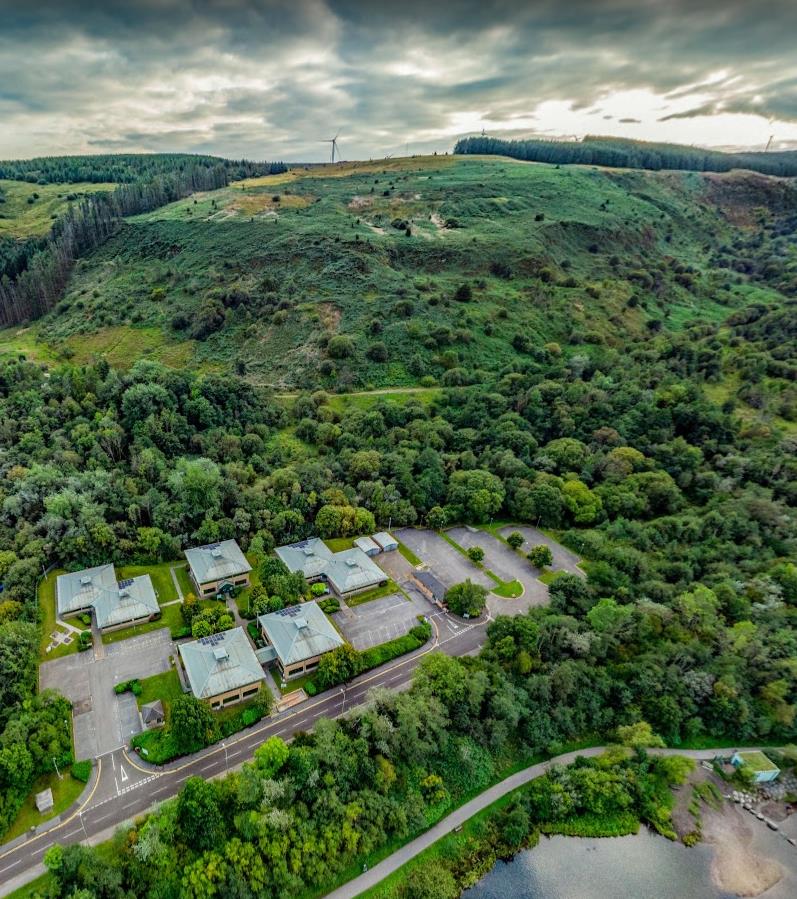
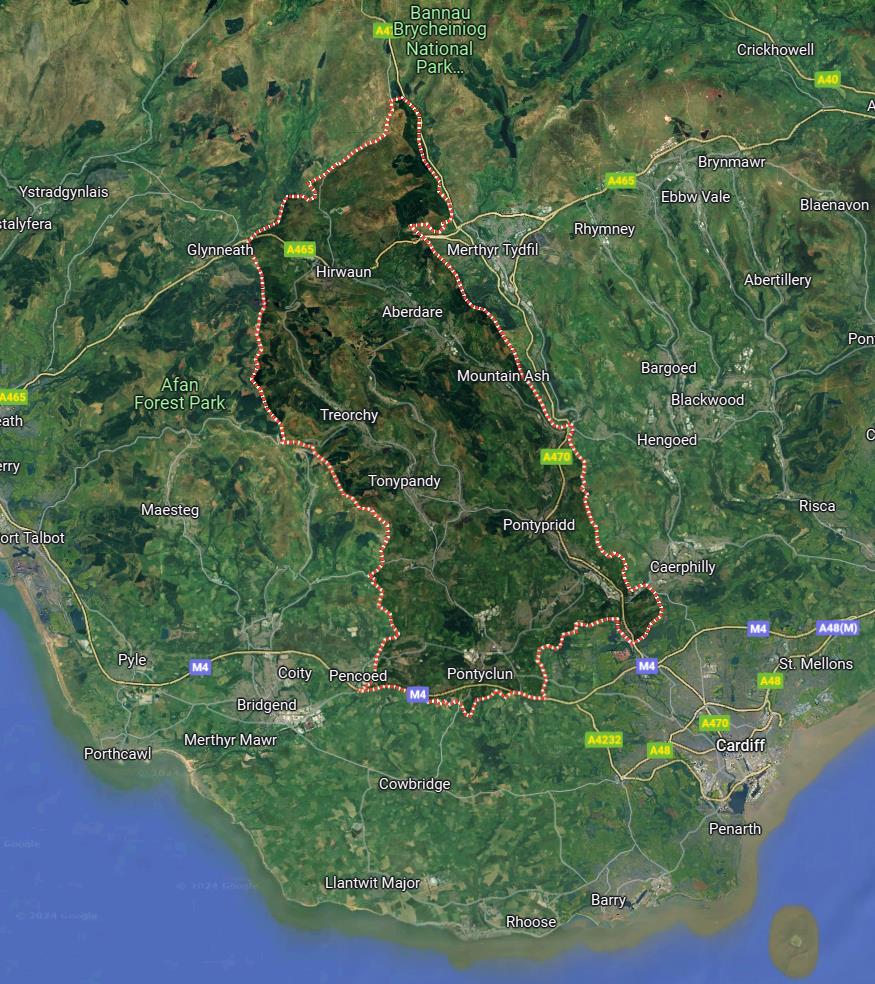
Driven by a desire for continuous learning and improvement, the working group set up by RCTCBC and AtkinsRéalis leverages the shared experiences of head teachers from similar schools in the county. This collaborative effort has resulted in user-inspired design elements that will inevitably enhance the educational environment for students with additional learning needs once the new all-through school is complete.
The session concluded with a powerful message from Stephen Davies, reflecting on the insights shared and the importance of continuing to prioritise the creation of inspiring learning spaces: “both presentations highlighted a common theme: the importance of understanding and addressing the needs of the end-users—our students and educators. By doing so, we create environments that not only support academic success but also promote a focus on well-being and a sense of community.”
Hearing directly from those currently delivering the education agenda in Wales lead us to reflect on our own commitment to education in the region, having delivered a number of schools in Wales over the last decade. At Bouygues UK, our dedication to supporting the additional learning needs agenda in Wales is a top priority. We have been delivering high-quality facilities that meet the needs of modern educational environments under frameworks such as SWWRCF and SEWSCAP in Wales, contributing to the Welsh Government’s 21st Century Schools investment program.
The session at Education Building Wales served as a reminder of the critical role that well-designed learning environments play in supporting health, well-being, and additional learning needs. Each panellist spoke with such passion on the topic, it was hard not to feel inspired and empowered to keep driving this commitment to high-quality and high-performing education facilities across the nation. As Stephen Davies concluded, “it’s not just about the bricks and mortar; it’s about the lives we touch and the futures we help shape.”

